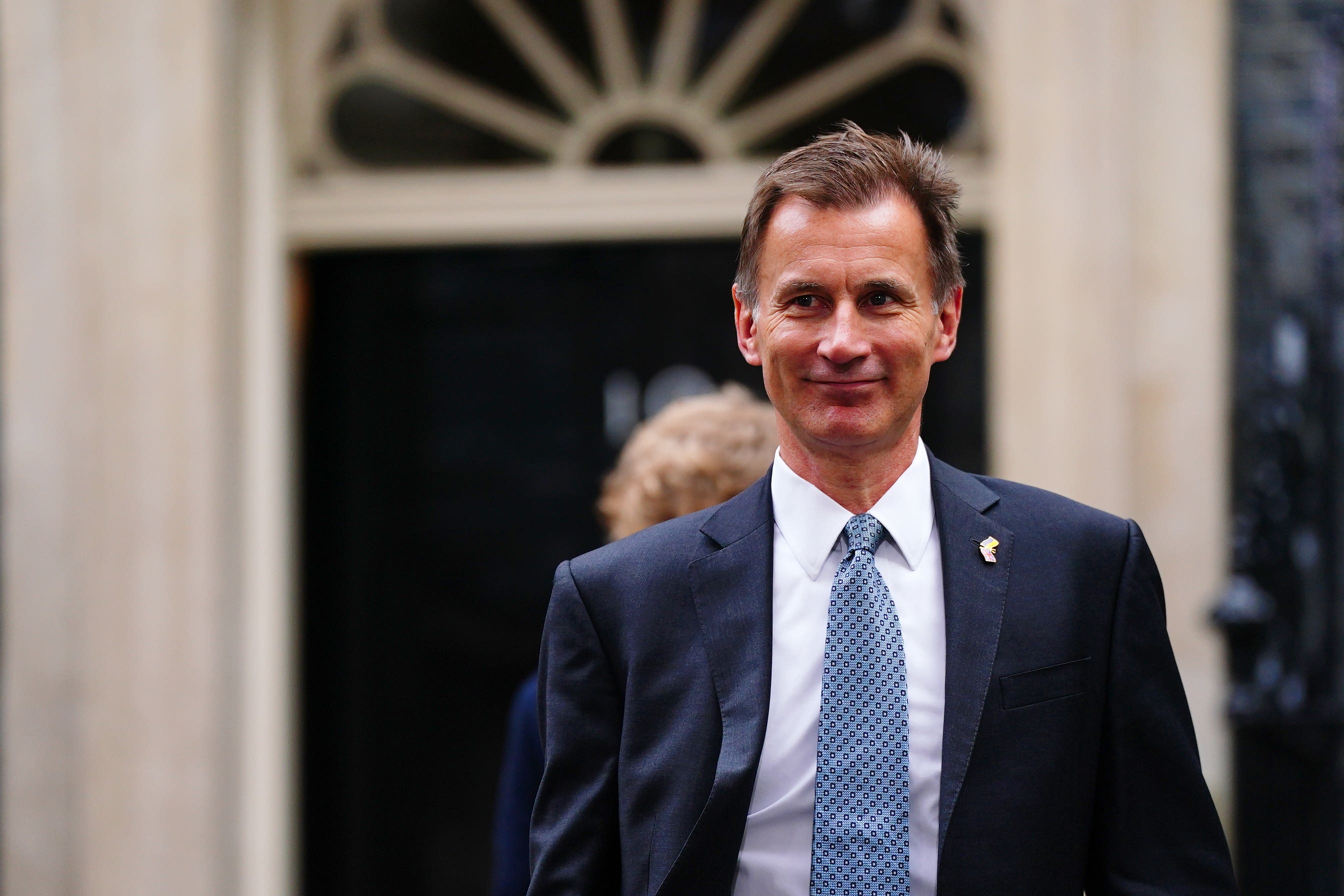Your support helps us to tell the story
From reproductive rights to climate change to Big Tech, The Independent is on the ground when the story is developing. Whether it's investigating the financials of Elon Musk's pro-Trump PAC or producing our latest documentary, 'The A Word', which shines a light on the American women fighting for reproductive rights, we know how important it is to parse out the facts from the messaging.
At such a critical moment in US history, we need reporters on the ground. Your donation allows us to keep sending journalists to speak to both sides of the story.
The Independent is trusted by Americans across the entire political spectrum. And unlike many other quality news outlets, we choose not to lock Americans out of our reporting and analysis with paywalls. We believe quality journalism should be available to everyone, paid for by those who can afford it.
Your support makes all the difference.Britain’s economy is facing a “lethal combination of recession and runaway inflation” without intervention in tomorrow’s budget, a leading business group has warned.
The British Chambers of Commerce (BCC) called on Jeremy Hunt to take targeted measures to ease inflation and boost growth in his autumn statement on Thursday.
It comes as the chancellor warned that soaring inflation was “thwarting any chance” of economic growth in the long run, as he hinted of tough tax hikes to come.
BCC head of research David Bharier said the Bank of England’s rate rises were a “blunt instrument” that “fails to address the core drivers of inflation for most firms: soaring energy costs, global supply chain disruption, and rising staff costs due to labour shortages”.
He added: “Ahead of tomorrow’s autumn statement, businesses will need to see a clear plan from the Chancellor to boost business investment and growth, as well as targeted measures that ease the specific causes of inflation.”
Chancellor Mr Hunt has said he would make "tough but necessary decisions on tax and spending" in his autumn budget after soaring food and energy price drove UK inflation to a 40-year high of 11.1 per cent.
Mr Hunt is expected to unveil an austerity budget on Thursday, putting more pressure on public services and finding more money from taxes.
His action follows Liz Truss's September budget which announced tens of billions of pounds in unfunded tax cuts, which undermined market confidence in the UK's economic outlook.
"The aftershock of Covid and Putin’s invasion of Ukraine is driving up inflation in the UK and around the world," Mr Hunt said.
"This insidious tax is eating into pay cheques, household budgets and savings, while thwarting any chance of long-term economic growth.
“It is our duty to help the Bank of England in their mission to return inflation to target by acting responsibly with the nation’s finances. That requires some tough but necessary decisions on tax and spending to help balance the books.
“We cannot have long-term, sustainable growth with high inflation. Tomorrow I will set out a plan to get debt falling, deliver stability, and drive down inflation while protecting the most vulnerable.”
Mr Hunt is tomorrow widely expected to unveil a package of tax rises worth £25bn and spending cuts of £35bn in a bid to reassure financial markets of the UK’s stability.
Income tax thresholds are expected to be frozen, taking more workers into paying higher taxes, with similar freezes on National Insurance and inheritance tax.
There has also been speculation that Mr Hunt could reduce the threshold for the highest 45p rate from £150,000 to £125,000. The tax-free allowance for dividends and capital gains may also be cut.
The Office for National Statistics says the 11.1 per cent inflation reading for October 2022 for CPI was the highest since October 1981.
A breakdown of figures provided by the ONS found that inflation was higher for low-income households, at 11.9 per cent, compared to 10.5 per cent for high-income households.

Join our commenting forum
Join thought-provoking conversations, follow other Independent readers and see their replies
Comments